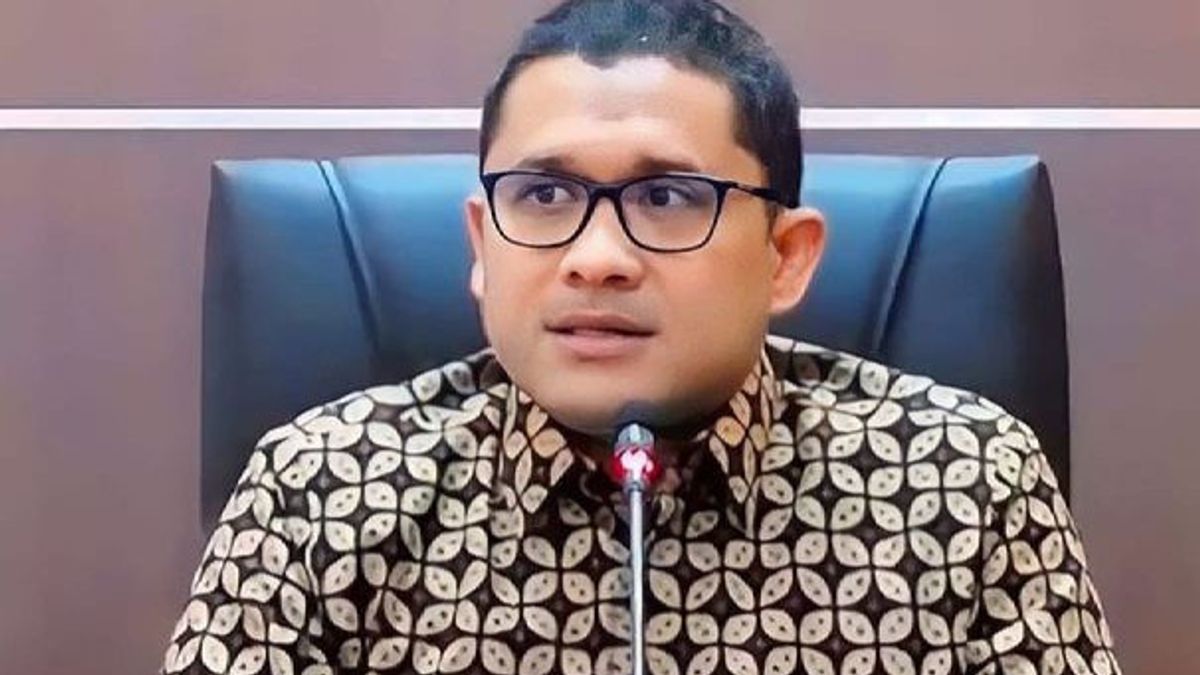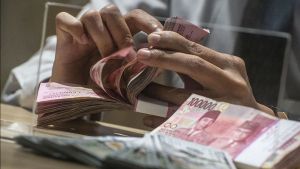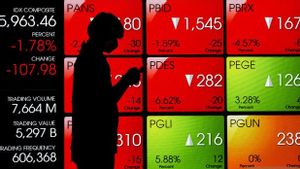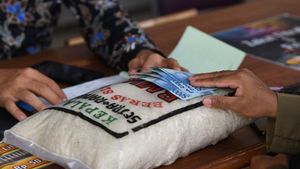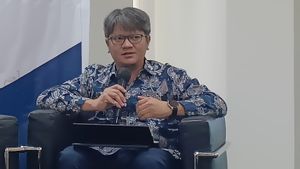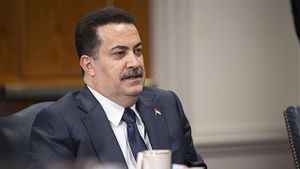جاكرتا - أصدرت وزارة المالية (Kemenkeu) رسميا لائحة وزير المالية (PMK) رقم 61 لعام 2024 بشأن تمديد حوافز ضريبة القيمة المضافة الحكومية (VAT DTP) لشراء المنازل حتى ديسمبر 2024.
"من أجل تسريع النمو في قطاع العقارات في الأشهر الأربعة الماضية من عام 2024 ، من خلال PMK 61 لعام 2024 ، يتم منح تسهيلات ضريبة القيمة المضافة الإضافية بنسبة 100 في المائة DTP من 1 سبتمبر 2024 إلى 31 ديسمبر 2024" ، قال رئيس وكالة السياسة المالية (BKF) التابعة لوزارة المالية Febrio Kacaribu في جاكرتا ، نقلا عن عنترة ، الخميس 19 سبتمبر.
في اللائحة السابقة ، قدمت الحكومة تسهيلات ضريبة القيمة المضافة DTP بنسبة 100 في المائة حتى يونيو 2024 و 50 في المائة حتى ديسمبر 2024.
وفي الوقت نفسه ، من خلال PMK 61/2024 ، تم تمديد حوافز ضريبة القيمة المضافة DTP بنسبة 100 في المائة حتى ديسمبر.
لا يزال توفير الحوافز هو نفسه كما هو منصوص عليه في PMK السابق. تتحمل الحكومة ضريبة القيمة المضافة لشراء منازل أرضية بسعر أقصى قدره 5 مليارات روبية. وفي الوقت نفسه ، يصل مبلغ ضريبة القيمة المضافة الذي يتحمل على أساس فرض الضرائب (DPP) إلى 2 مليار روبية إندونيسية.
وقال فيبريو: "من المتوقع أن توفر هذه السياسة تأثيرا مضاعفا كبيرا لتسريع النمو الاقتصادي وتعزيز المرونة الاقتصادية الوطنية وسط تدهور الديناميكيات العالمية".
وبالإضافة إلى حوافز ضريبة القيمة المضافة الخاصة ب DTP، زادت الحكومة أيضا من تخصيص قروض ملكية المنازل المدعومة للأشخاص ذوي الدخل المنخفض بمقدار 34000 وحدة. يتم تقديم الحافز من خلال برنامج تسهيل سيولة تمويل الإسكان (FLPP).
ومع إضافة هذا التخصيص، ارتفعت MBR التي يمكنها الاستفادة من دعم الرهن العقاري هذا العام من 166,000 أسرة إلى 200,000 أسرة.
كما قدمت الحكومة حوافز مختلفة ل MBR بما في ذلك ضريبة القيمة المضافة ، ودعم المساعدة النقدية الواردة (SBUM) ، والمساعدة في تكاليف الإدارة (BBA) ، والمساعدة المنشطة للإسكان الذاتي (BSPS) ، والمساعدة في المنزل المتكامل البسيط (RST).
وقال فيبريو: "هذا الزي من السياسات يعني بالطبع مساعدة الأشخاص ذوي الدخل المنخفض الذين لديهم قدرة مالية محدودة ولا يزالون يشجعون بشكل غير مباشر النمو الاقتصادي الوطني".
The English, Chinese, Japanese, Arabic, and French versions are automatically generated by the AI. So there may still be inaccuracies in translating, please always see Indonesian as our main language. (system supported by DigitalSiber.id)
